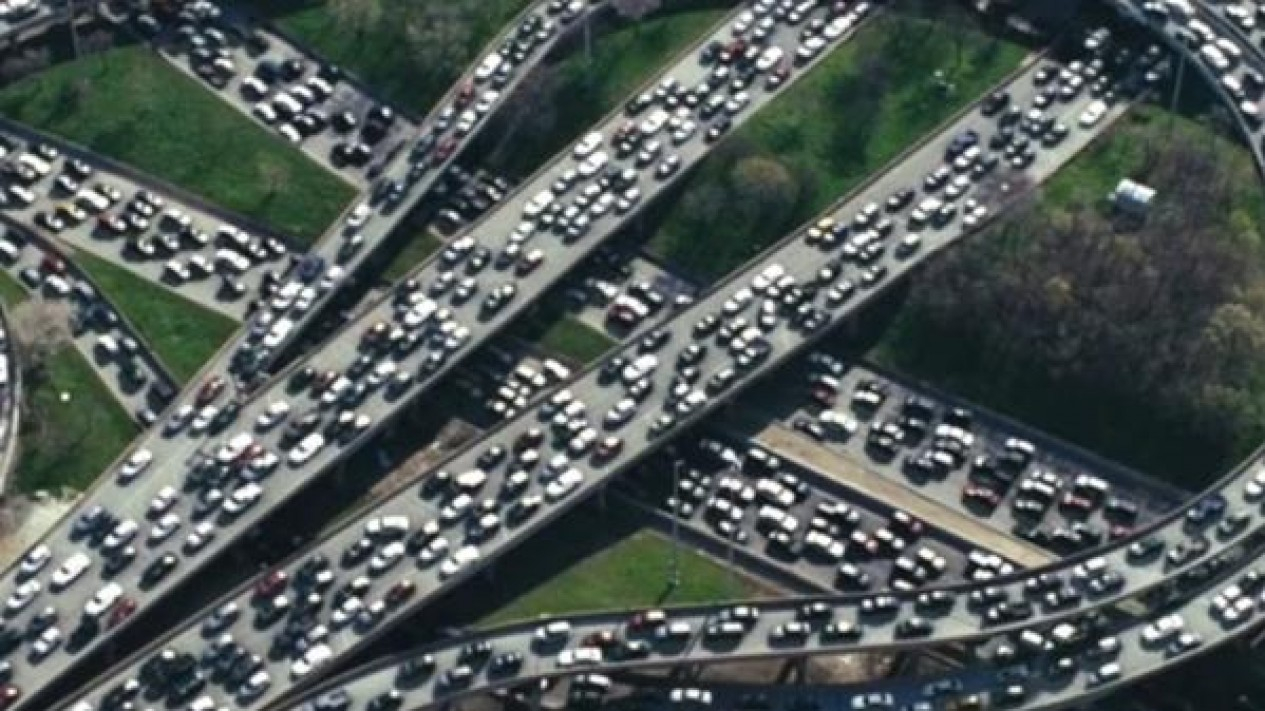Sitting in Traffic for Too Long Can Cause Brain Damage, Study Reveals

- vstory
VIVA – Getting stuck in traffic can make people late, frustrated, and give them a bad mood for the rest of the day. Not only a waste of time, according to study, it could also be harming our health.
A new study, published in Environmental Health journal, revealed that breathing in diesel exhaust fumes while sitting in traffic could impair brain function. Then, what’s the reason?
Brain scans, conducted by a team from the University of British Columbia and the University of Victoria, found signs of decreased brain function can start to appear in as little as two hours or more of diesel fume exposure.
"For decades, scientists thought the brain might be protected from the harmful effects of air pollution. This study, which is a world first, provides new evidence supporting the link between air pollution and cognition," said the study's senior author, dr. Chris Carlsten.

Jakarta macet. (ilustrasi)
- ANTARA FOTO/Aprillio Akbar
As part of the study, 25 healthy adults- were briefly exposed to diesel exhaust and filtered air at different times in a laboratory setting. Their brain activity was measured before and after each exposure using functional magnetic resonance imaging (fMRI).
Researchers then analyzed changes in the brain’s default mode network (DMN), which is a set of interconnected brain regions that play an important role in memory and internal thought. After that, the fMRI showed that subjects had decreased functional connectivity in widespread regions of the DMN after exposure to diesel exhaust, compared to filtered air.
"We know that altered functional connectivity in the DMN has been associated with reduced cognitive performance and depressive symptoms. So, it's worrying to see traffic pollution disrupting these same networks," the study's first author, dr. Jodie Gawryluk explained.
"While more research is needed to fully understand the functional impact of these changes, it is possible that they could impair people's thinking or ability to work," dr. Gawryluk continued.
ilustrasi otak manusia.
- Pixabay
It was noted that the changes in the brain were temporary and participants’ connectivity returned to normal after the exposure. However, dr. Carlsten believed that the effects could potentially be long-lasting if continually exposed.
He warned people to be mindful of the air they’re breathing and take steps to minimize their exposure.
“People may want to think twice the next time they’re stuck in traffic with the windows rolled down. It’s important to ensure that your car’s air filter is in good working order, and if you’re walking or biking down a busy street, consider diverting to a less busy route.” dr. Carlsten suggested.
He added: “Air pollution is now recognized as the largest environmental threat to human health and we are increasingly seeing the impacts across all major organ systems.
